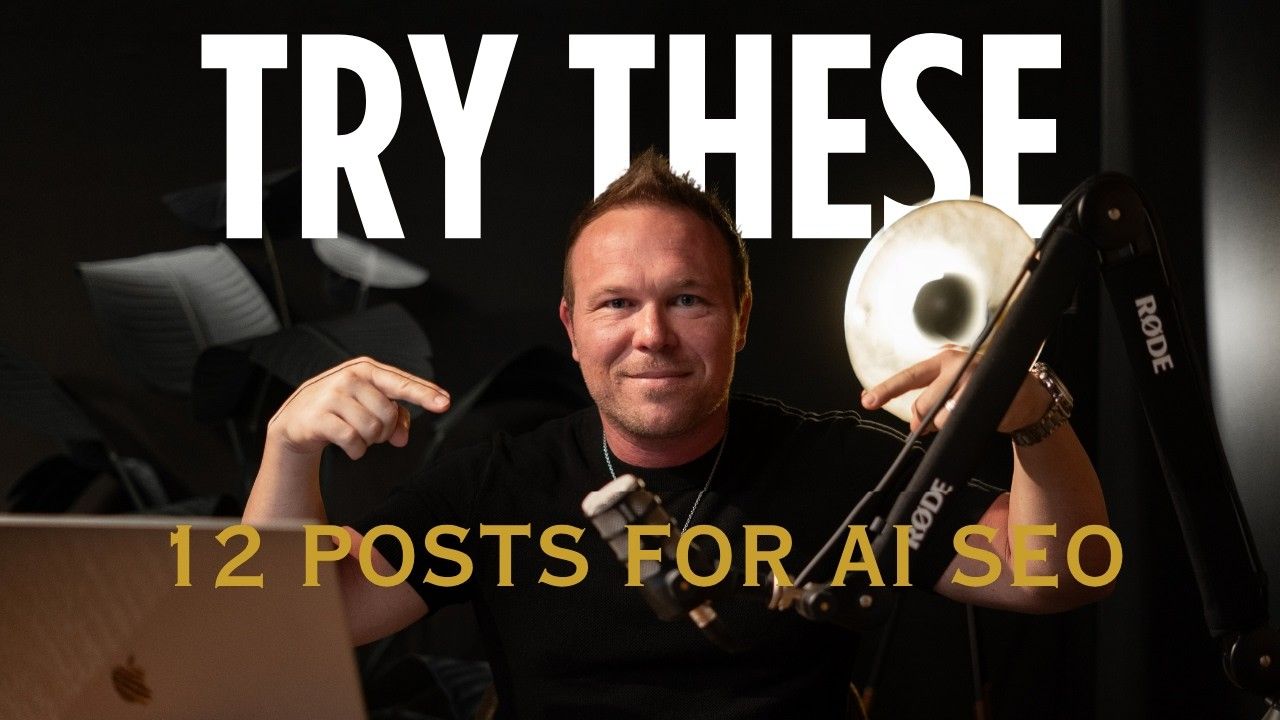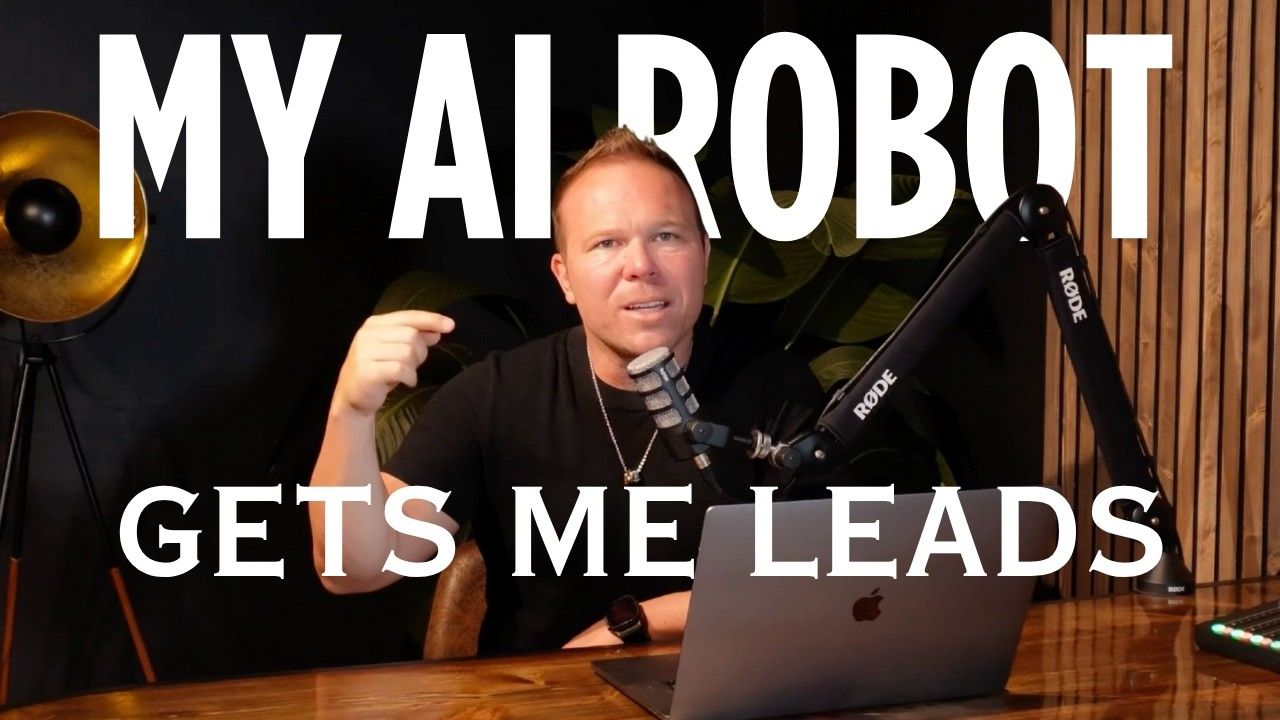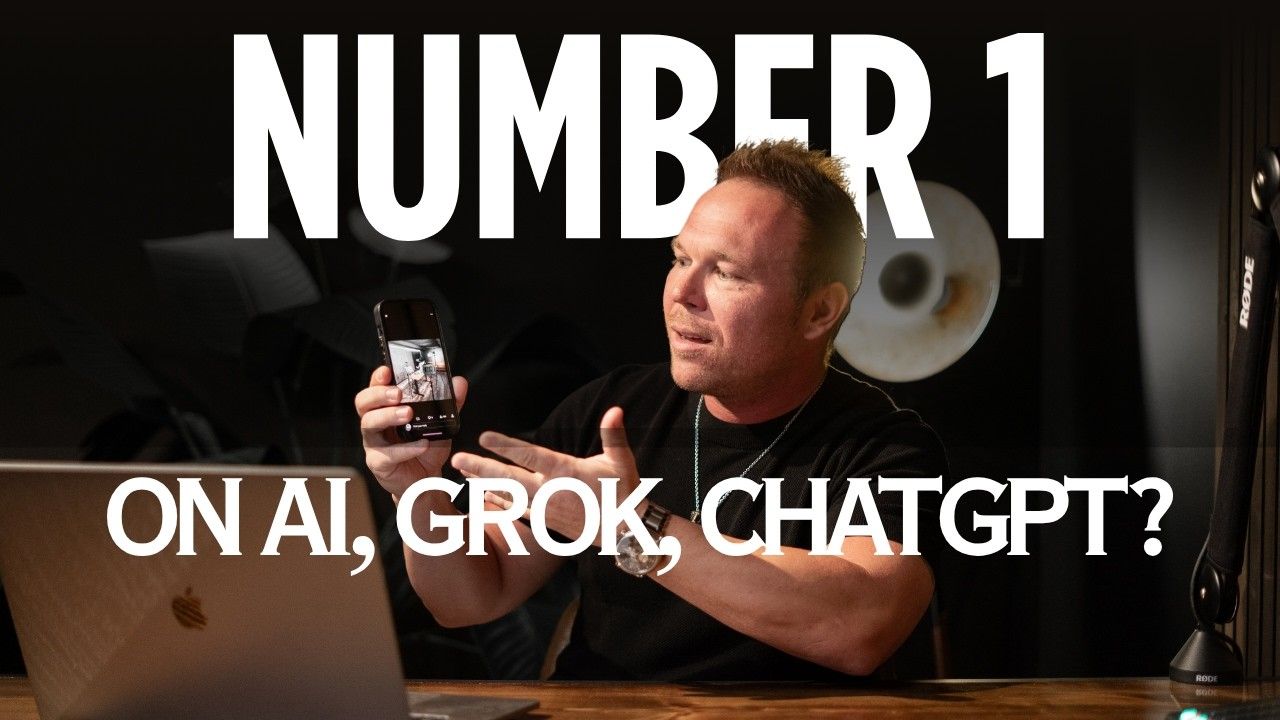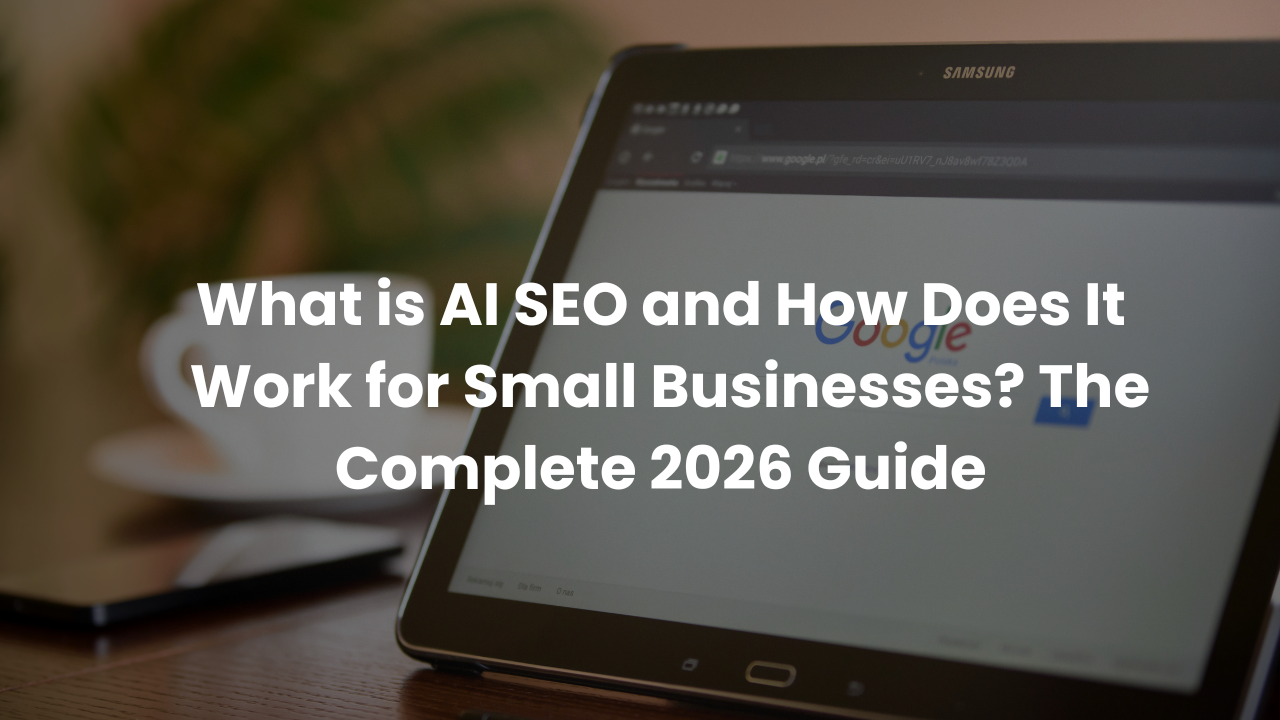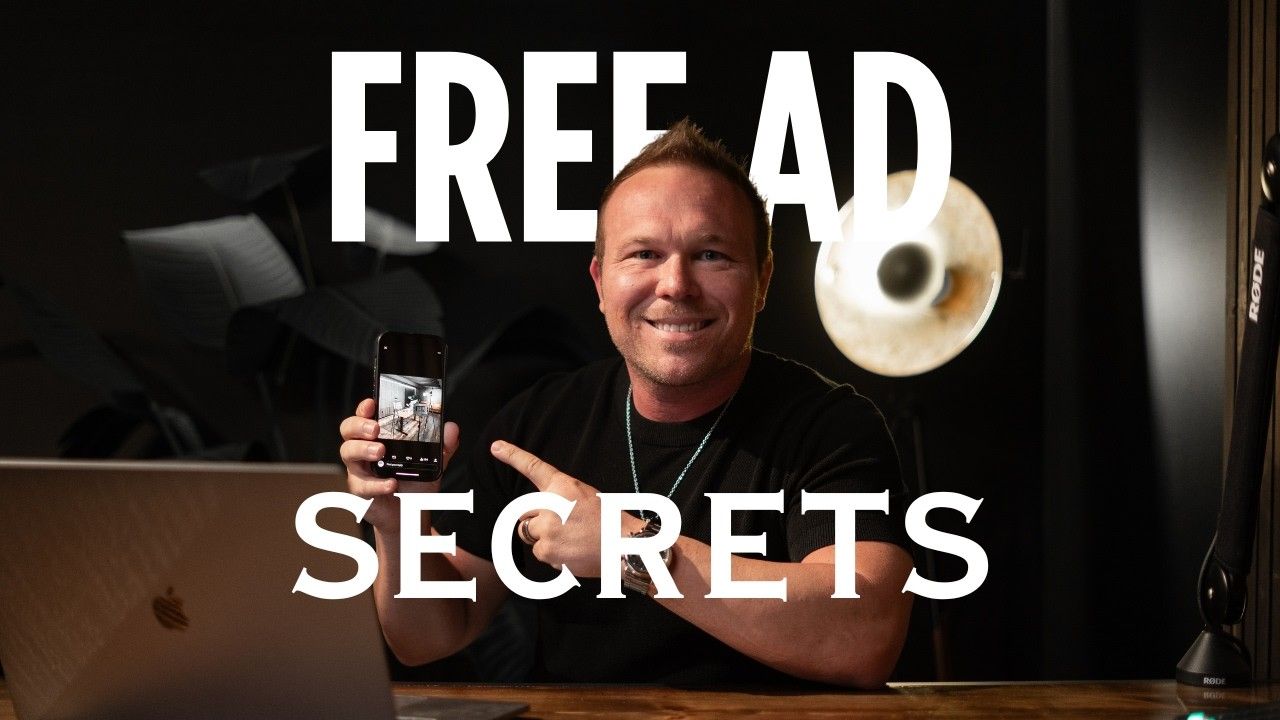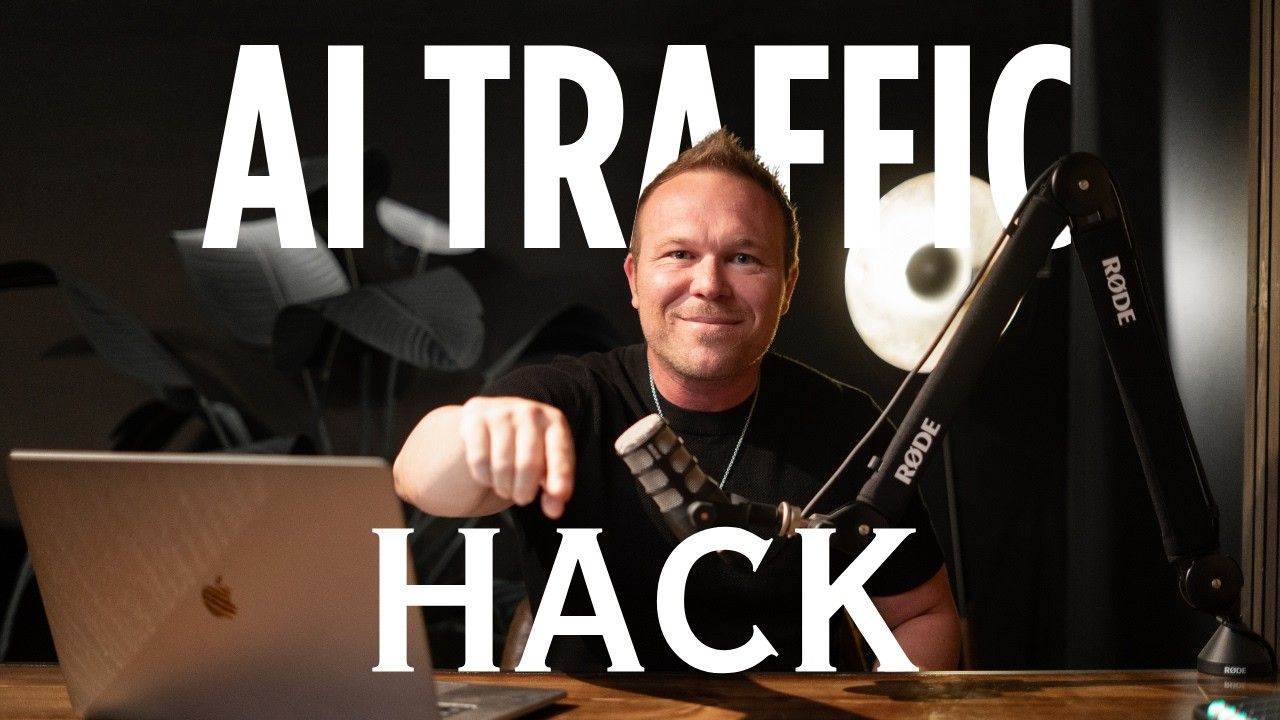How to Grow Your YouTube Channel with Ads (Without Wasting Money)
Key Takeaways:
- The 3-funnel system: 50% top, 30% middle, 20% bottom funnel strategy maximizes ad effectiveness
- 24 touchpoints across platforms before customers buy - frequency matters more than subscriber count
- In-feed ads build relationships better than skippable ads for channel growth
- Real case study: $1,700/month spend generating 7 new customers with 9x ROAS
- Month 3 is when the compounding effect creates breakthrough results
My Proven YouTube Ads System That Actually Works
I've been doing marketing for the last 10 years and worked with over 2,500 brands. YouTube ads is my favorite platform because I can get low-cost attention, build relationships, and then get leads. This isn't theory - this is the proven system I use to take channels from hundreds to thousands of subscribers without wasting your ad budget.
- Direct Answer: Use the 50/30/20 budget allocation system across three funnels, focus on in-feed ads over skippable ads, and build relationships before asking for sales. Expect breakthrough results in month 3 when the compounding effect kicks in.
- Timeline: 3 months for full system results
- Best For: Business owners who want sustainable YouTube channel growth and lead generation
Real Client Case Study: $1,700/Month Investment, 9x ROAS Results
Here's a client I've been working with for about 6 months. He has a professional online service in the financial space and spends about $1,700 a month on YouTube ads. Just last month, he got seven new leads and customers from this and he's getting a 9x ROAS.
🔢 Results Breakdown:
- Monthly Ad Spend: $1,700
- New Customers: 7 per month
- Subscribers Generated: 280 per month
- Video Views: 20,000 monthly
- Return on Ad Spend: 9x ROAS
The key insight? 20,000 video views is more important than the subscriber count. Even if somebody doesn't subscribe to your YouTube video, they're in your pixel and they're going to start seeing your retargeting.
The 3-Funnel System: Why Everyone Gets This Wrong
Most people set up an ad and just say, "Click on my thing and buy." No one likes you. No one trusts you yet. You got to build a relationship. You got to get the follower. You got to get the subscriber for YouTube. Then when they're ready to buy, they'll purchase from you.
Top of Funnel (50% of Budget)
Focus on video views. This gets more of your ideal audience to watch your video, gets more people to subscribe, and gets them on your pixel.
Middle of Funnel (30% of Budget)
Focus on subscriptions and engagement. Get people to comment, get people to click on the link, get people to subscribe.
Bottom of Funnel (20% of Budget)
This is where you can actually say, "Click the thing, go get the thing." Only after they've seen you multiple times.
Key Point: Don't send ad traffic to your website initially - they don't trust you yet. It's just a waste of time.
The 24-Touch Frequency Rule: Why Month 3 Is Magic
You've got to show your ad 24 times on three different channels before somebody's ready to buy. Back in the day, it was seven times. Now, it's 24 times.
We need to show them at least eight different organic posts or ads on each platform:
- 8 times on YouTube
- Email follow-ups building relationships
- Reach 75% of those people if you set this up right
3-Month Growth Projections:
- Month 1: Show YouTube videos to 200,000 people, get 1,400 clicks, potentially four leads or sales, about 280 subscribers with $1,700 in ad spend.
- Month 2: Everyone from month one sees you again. Double our clicks, get a few more subscribers, but get more leads because now they've seen you two or three times.
- Month 3: Everyone from month one trusts you or they don't like you yet. If they trust you and they're ready to buy, they're going to start buying. That's where you're going to double your conversion.
Campaign Setup: The Critical Technical Differences
Step 1: Google Ads Account Setup
You need to create a Google ad account and connect your YouTube channel. Connect your Google Tag Manager and make sure Google Analytics is set up and synced with your website so you can start retargeting.
Step 2: Campaign Creation
Click create campaign, then "New campaign." Create a campaign without guidance, then create a video campaign that's going to show on YouTube and other networks.
Campaign Types by Funnel:
- Top of Funnel (50%): Video views
- Middle of Funnel (30%): Subscriptions and engagement
- Bottom of Funnel (20%): Drive conversions
Step 3: Ad Format Selection
Critical: Shut off skippable in-stream ads and short ads. You only want to be in-feed ads. In-feed ads are the ones that are going to be recommended and helpful and showing on the side when somebody watches someone else's video.
For more advanced YouTube advertising strategies, see our complete YouTube ads guide.
Targeting Strategy: Finding Your Ideal Audience
You want to show this video to:
- Anyone that watches your competitor's videos
- Anyone that's been to your competitor's websites
- Anyone that has searched for your topic
As an example, if somebody's looking for fitness and nutrition tips, you want to go to other fitness and nutrition YouTube channels and show your ad to them. You want to go to Google and say if anyone's searched for this in the past or in the future, show my video to them.
I like to use ChatGPT to ask: "What are all the keywords people are typing into Google or YouTube to find this?" Then build your keyword targeting from there.
The Secret Subscribe Link Trick
Here's a cool little tip I'm going to show you. Instead of setting the final URL to go to your website (because they don't trust you yet), go to your YouTube channel and copy that link.
The Secret Trick:
- Google "YouTube subscribe link"
- Click "subscribe link generator"
- Paste your channel URL
- Hit generate
- Copy that special link
- Paste it in your ad
When somebody sees your video and they click, it basically forces them to subscribe. That's going to increase your subscribers significantly.
Professional Ad Copy That Converts
What I like to do is use software like Ojoy. It's really cool software and it's not like ChatGPT. ChatGPT just gives you generic stuff. This is like your professional copywriter that uses professional copywriters like Frank Kern.
You can give it the transcription from your video and it'll actually write the ad copy perfectly for this ad. It's not going to add emojis or those em dashes - just strategic, professional copy.
For comprehensive CRM setup to track your YouTube ad leads, check out our CRM setup guide.
Content Strategy: What Videos to Promote
Your YouTube video can't be all sales. They have to be helpful organic content. This should be your normal YouTube videos - educational, helpful, teachable content.
Content Requirements:
- Educational and helpful
- Teaching someone something
- Being the professor, being the educator
- At least one video per week
This video I'm making right now, I should turn into a YouTube ad and show to all of my visitors and to a new audience because I'm teaching you how to set up YouTube ads.
Budget and Bidding Strategy
Set up a daily budget and put in your 50% allocation for top-of-funnel campaigns. Use the recommended cost per video view that Google suggests to compete effectively.
Expected Results:
- 0.01 to 0.04 cost per view
- Significant increase in views, subscribers, and leads
- 75% reach if set up correctly
To learn more about retargeting these YouTube visitors across other platforms, see our retargeting ads strategy.
Building Your Retargeting Ecosystem
We want to start building out that audience by looking at:
- Everyone that visits your website
- Everyone that's seen your pixel
- Everyone that's watched your YouTube video
Then start showing your YouTube videos to them over and over. Anyone that came from Meta, TikTok, Google, Twitter, or LinkedIn becomes part of your retargeting audience.
If you use tracking software like AdKong, you can see what pages they were on, where they came from, when they were on there, how many times they've been to the site, and then throw them back in your Google pixel for YouTube ad retargeting.
Why This System Works When Others Fail
The key difference is relationship building. We don't want to be the pre-roll YouTube ad that says, "Hey, you have to watch my video before you watch your favorite streamer." We want to show it on the side as a recommended video where they can click and sign up or they can watch.
Success Factors:
- Focus on being helpful, not salesy
- Build trust before asking for purchases
- Use the compounding effect of repeated exposure
- Target people already interested in your topic
Ready to Scale Your YouTube Channel?
This system works because it focuses on building relationships before asking for sales. Set aside your budget, implement the 50/30/20 allocation, and be patient through the three-month timeline. Month 3 is where everyone from month 1 starts buying if you've built that trust.
Key Takeaway: YouTube ads aren't about immediate conversions - they're about building a compounding system that creates long-term customer relationships and sustainable business growth.
If you want the full system and calculator I mentioned, comment "system" below and someone from my team will send you the complete setup guide.
For more YouTube and marketing strategies: Subscribe to my channel.
How long does it take to see results from YouTube ads?
You'll see initial results in month 1 with about 4 leads from $1,700 spend. Month 2 doubles your clicks as people see you repeatedly. Month 3 is where the magic happens - conversions double as trust builds from 24+ touchpoints.
Why are in-feed ads better than skippable ads?
In-feed ads appear as recommended content alongside other videos. They're less intrusive and more helpful, building relationships instead of interrupting viewing experiences.
What's the minimum budget needed for this system?
Based on the case study, $1,700/month allows for proper 50/30/20 budget allocation across all three funnels. Smaller budgets should focus primarily on top-of-funnel video views first.
How do I know if my targeting is working?
Look for 0.01 to 0.04 cost per view and reaching 75% of your target audience. Track subscribers (280/month in the case study) and video views (20,000/month) as leading indicators.
Should I send traffic to my website or YouTube channel?
Always send traffic to your YouTube channel initially. They don't trust you yet, so sending to your website wastes money. Use the subscribe link trick to maximize channel growth.
What type of content works best for YouTube ads?
Educational, helpful content that teaches something valuable. Position yourself as the professor or educator. Avoid sales-heavy content in your promoted videos.
How many times should people see my ads?
You need 24 touchpoints across three different channels before somebody's ready to buy. Plan for 8 different organic posts or ads on each platform over three months.
Can I use this system for any business type?
Yes, this works across industries. The case study shows success in financial services, but the relationship-building approach applies to any business that benefits from trust and authority.
How do I track results across the 3-month timeline?
Set up Google Analytics, Google Tag Manager, and retargeting pixels. Track video views, subscribers, clicks, and conversions. Month 3 typically shows the strongest conversion improvements.
What's the biggest mistake people make with YouTube ads?
Trying to get immediate sales without building relationships first. The 50/30/20 funnel system ensures you're nurturing prospects through the entire trust-building journey.


